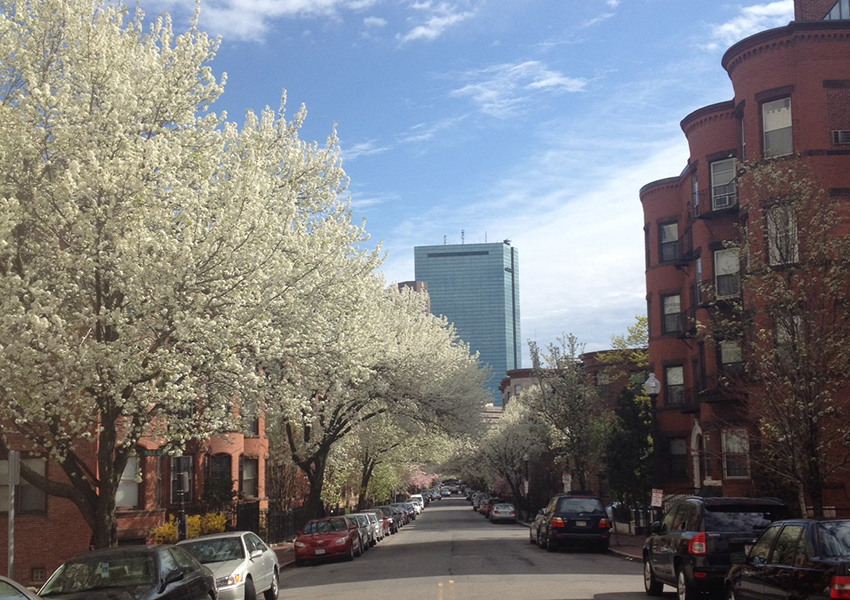The World’s Most Infectious Deadly Diseases… in the South End?

The South End. Photo by Melissa Malamut
Boston University’s decade-long battle to study some of the world’s deadliest infectious diseases in a South End laboratory won approval Monday from a federal court. According to a report on local website Boston.com, Boston University can proceed with its plans to study these diseases right in the populous South End neighborhood, something that has residents on edge.
The university now only needs permission from the Boston Public Health Commission.
According to Boston.com:
“While the community has understandable concerns about the wisdom of locating the facility in a highly populated urban area,” US District Court Judge Patti B. Saris wrote in a decision issued late Monday, the final federal assessment of risks posed to the public from accidents or “malevolent acts is extremely low, or beyond reasonably foreseeable.”
Saris also concluded that the probability of infection is so low that “none is likely to occur for any of the [germs studied] over the proposed 50-year lifetime of the Biolab.”
The facility was built on Boston Medical Center’s campus and has remained mostly vacant for four years. BU opened a small portion of the building, known as a BSL-2 lab, in 2012 to study less dangerous germs. Boston University spokesman Steve Burgay tells the Globe that the court’s decision “affirms our view that this type of research can be done safely in Boston.”
Environmentalists and South End residents have challenged the project, saying that it is not safe to be studying these kinds of diseases in such a populated area. Even though the federal case has now been settled, project opponents still have a lawsuit pending in state superior court. The hearing for that case will be in December, but there are no orders to stop BU from proceeding.


